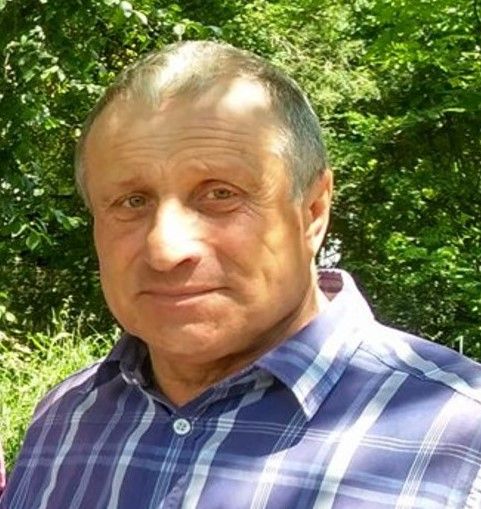Russia is shooting itself in the foot by its trial of journalist in occupied Crimea

The verdicts against Ukrainian journalist Mykola Semena and Crimean Tatar Mejlis leader Ilmi Umerov may be predetermined, but nothing else about Russia’s ‘trials’ is going to plan. In both cases, these pretend trials are, on the contrary, highlighting the fact that it is Russia that is violating its own laws through its ongoing occupation of Crimea, and the level of hysterical surveillance and repression under Russian control.
Both men are charged with ‘separatism’, and specifically with having made ‘public calls to action aimed at violating Russia’s territorial integrity’.
The charges against Semena are over an article on the Crimean civic blockade which the journalist supported as a peaceful move towards ending Russia’s occupation of his homeland. The article was written as part of a debate on the Blockade and was thus clearly presented as the author’s opinion. Russia’s prosecution of Semena is also useful in countering Moscow’s denial that its invasion has resulted in restrictions on press freedom. Semena was forced to write under a pseudonym, yet was still ‘caught’ due to a level of surveillance reminiscent of the worst Soviet days.
The hearing on June 14 was due to examine correspondence in Ukrainian, but that had to be adjourned since the Russian translator did not appear. Semena’s lawyers are unclear what the prosecution is hoping to prove by presenting such correspondence as ‘evidence’, and assume it to be part of the general efforts to imitate court proceedings.
With the poring over Semena’s correspondence deferred, the defence seized the opportunity to read out an alternative expert assessment, produced by Mikhail Savva, a Russian political scientist and former Professor of the Kuban State University.
Professor Savva is clear that what Semena wrote in his article was his opinion. It cannot be considered as calls to violate Russia’s territorial integrity, since Crimea is not part of the Russian Federation in international law.
Semena later explained to Krym.Realii that the prosecution in this case is following a political line. Every piece of supposed ‘evidence’ is politically coloured, while the defence is determined to bring the case back to a legal framework. He outlined the fundamental principles on which the court should be based, namely, the fact that in international law, as well as Russian legislation, Crimea is not a part of the Russian Federation. “Therefore the accusation that during a discussion I tried to encroach in some way on the Russian Federation’s territorial integrity is unproven and without foundation”.
As reported earlier, Russia has changed the domestic legislation it can since invading and annexing Crimea, but remains a signatory to international agreements according to which Crimea is unequivocally part of Ukraine. These are unquestionably also part of Russian legislation and binding upon the country.
By staging show trials aimed at silencing opposition to annexation, Russia has drawn attention to the fact that its own legislation indicts Russian President Vladimir Putin and all those who helped him invade another country’s territory.
This is a political trial and the fact that the 67-year-old journalist has already been added to Russia’s so-called List of Extremists and Terrorists leaves no place for illusions about a real trial.
Semena is charged over an article entitled “The Blockade – a necessary first step to the liberation of Crimea”. The text was written in September 2015, and polemicized with another writer who had expressed concern about the hardships that the civic blockade, initiated with detailed human rights demands, could cause.
The author of the article points out that Crimea had been under Nazi occupation for 2.5 years and must not be under Russian for any longer. He uses ‘military’ language about the Blockade, but very clearly as a metaphor for the degree of determination and organization involved.
“The Blockade must be full, systematic and designed so that it is followed by liberation.”
“Yes, Ukraine will never bring war to Crimea, that’s true. Because it [war] was brought there by Russia. The fact that in Crimea there is no military action now, is to the credit of Ukraine, not of Russia. Ukraine handed Crimea over when it was not in a position to defend it, but that doesn’t mean for ever.”
Semena’s ‘trial’ has been internationally condemned and recognized as an offensive against freedom of speech and independent journalism. Both Ukrainian and international rights groups have called for maximum attention and a “strong and clear reaction” from the international community.





